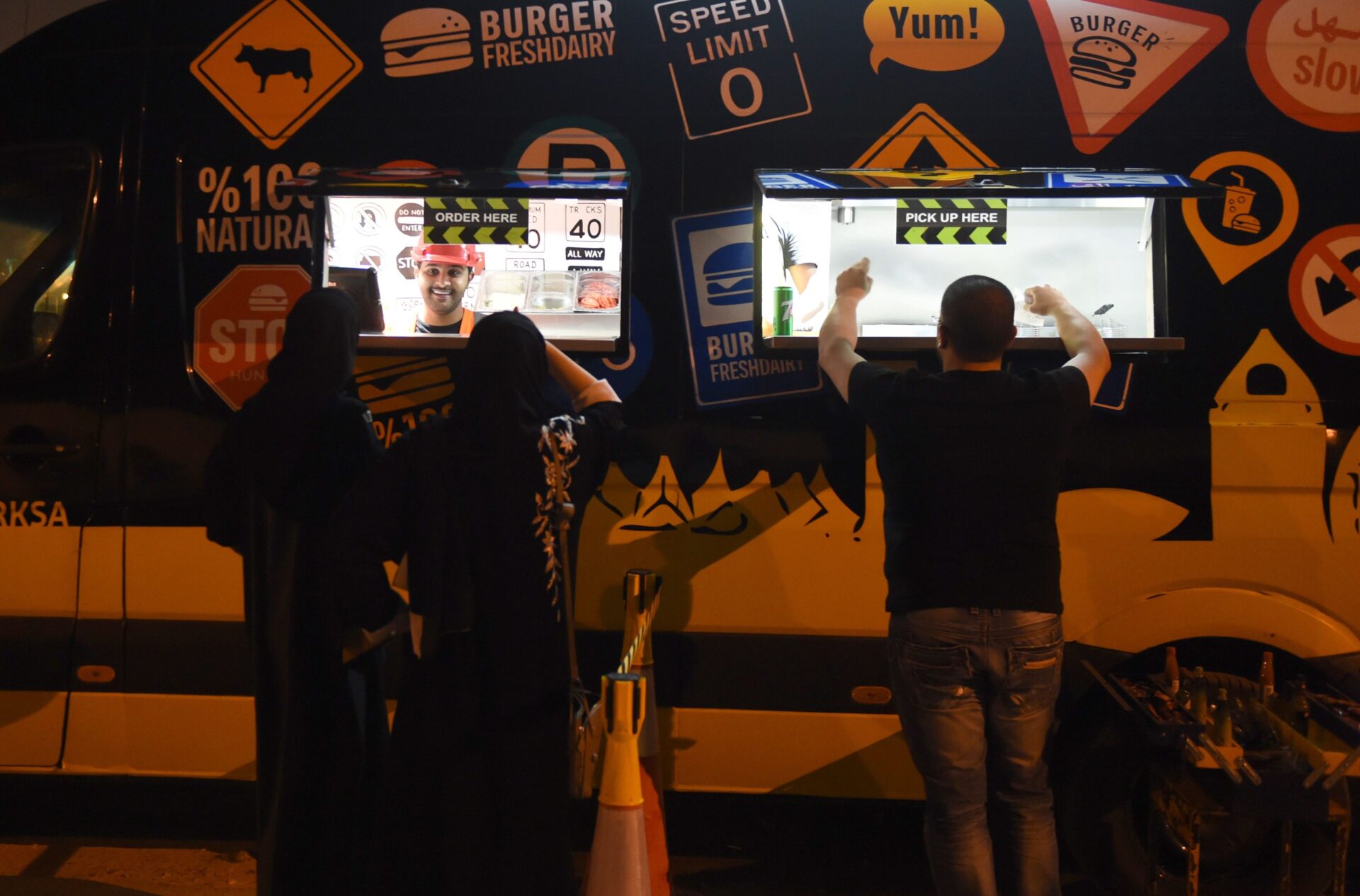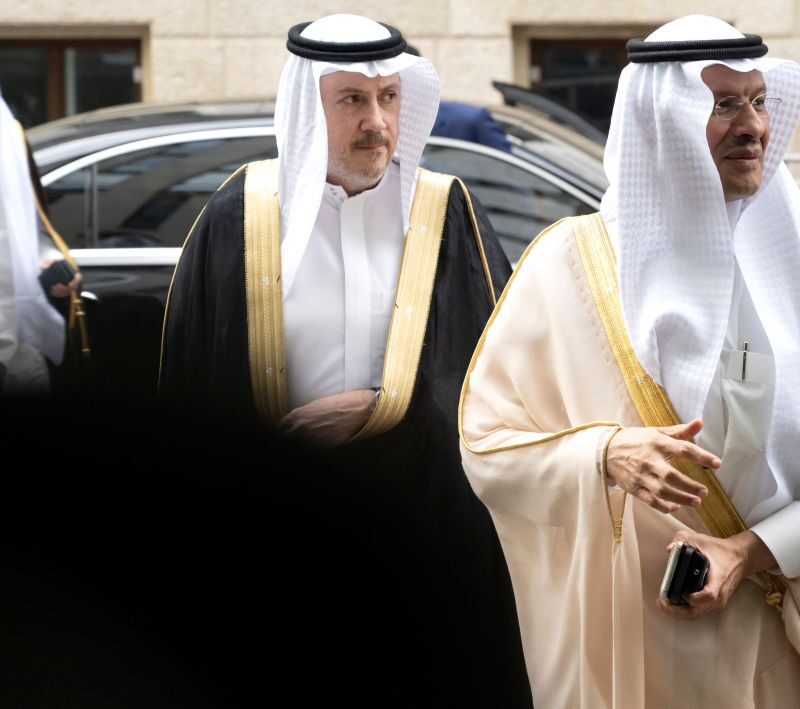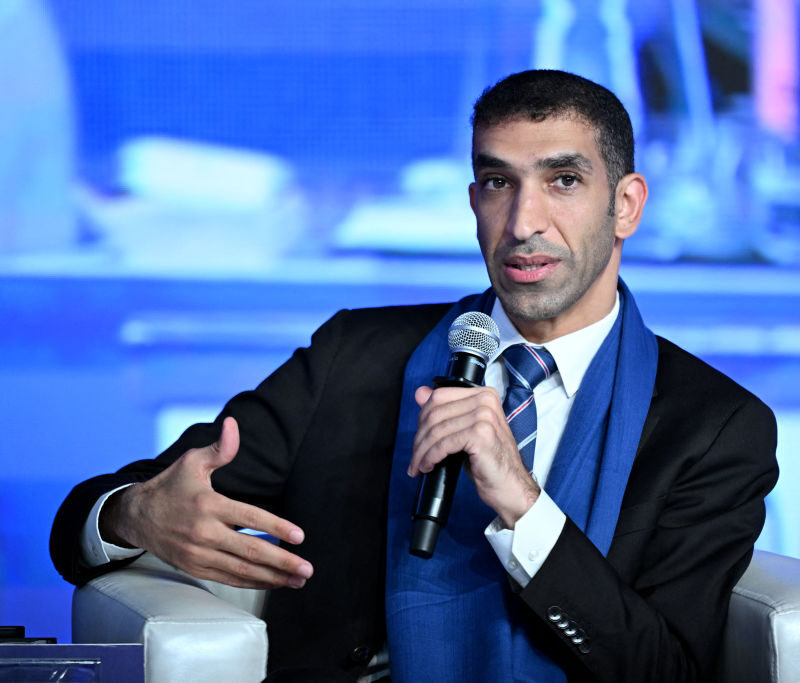
FAYEZ NURELDINE/AFP/GETTY IMAGES
Saudi Arabia is a growing alternative for Mideast startups seeking new home
Economic uncertainty is driving some entrepreneurs across the region to skip the UAE and relocate to the booming kingdom, startup leaders say
CAIRO, Egypt – When Aly Magdy, founder of an Egyptian startup that makes electric water-scooters, needed to grow his business, he found it challenging in an economy that has been suffering from currency devaluation, dollar shortages, and inflation. So...



